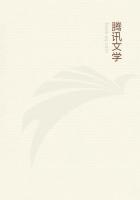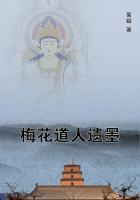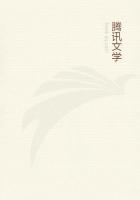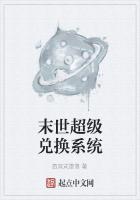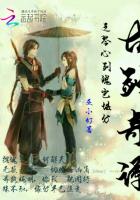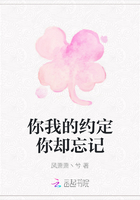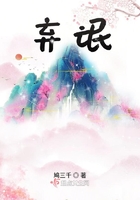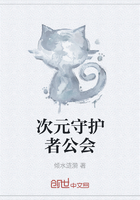The explorers noticed here that the Indians flattened the heads of males as well as females. Higher up the river, only the women and female children had flat heads. The custom of artificially flattening the heads of both men and women, in infancy, was formerly practised by nearly all the tribes of the Chinook family along the Columbia River. Various means are used to accomplish this purpose, the most common and most cruel being to bind a flat board on the forehead of an infant in such a way that it presses on the skull and forces the forehead up on to the top of the head.
As a man whose head has been flattened in infancy grows older, the deformity partly disappears; but the flatness of the head is always regarded as a tribal badge of great merit.
"On the morning of the twenty-eighth," says the journal, having dried our goods, we were about setting out, when three canoes came from above to visit us, and at the same time two others from below arrived for the same purpose. Among these last was an Indian who wore his hair in a que, and had on a round hat and a sailor's jacket, which he said he had obtained from the people below the great rapids, who bought them from the whites.
This interview detained us till nine o'clock, when we proceeded down the river, which is now bordered with cliffs of loose dark colored rocks about ninety feet high, with a thin covering of pines and other small trees.
At the distance of four miles we reached a small village of eight houses under some high rocks on the right with a small creek on the opposite side of the river.
"We landed and found the houses similar to those we had seen at the great narrows; on entering one of them we saw a British musket, a cutlass, and several brass tea-kettles, of which they seemed to be very fond.
There were figures of men, birds, and different animals, which were cut and painted on the boards which form the sides of the room; though the workmanship of these uncouth figures was very rough, they were highly esteemed by the Indians as the finest frescos of more civilized people.
This tribe is called the Chilluckittequaw; their language, though somewhat different from that of the Echeloots, has many of the same words, and is sufficiently intelligible to the neighboring Indians. We procured from them a vocabulary, and then, after buying five small dogs, some dried berries, and a white bread or cake made of roots, we left them.
The wind, however, rose so high that we were obliged, after going one mile, to land on the left side, opposite a rocky island, and pass the day."
On the same day the white chiefs visited one of the most prominent of the native houses built along the river.
"This," says the journal, "was the residence of the principal chief of the Chilluckittequaw nation, who we found was the same between whom and our two chiefs we had made a peace at the Echeloot village.
He received us, very kindly, and set before us pounded fish, filberts, nuts, the berries of the sacacommis, and white bread made of roots. We gave, in return, a bracelet of ribbon to each of the women of the house, with which they were very much pleased.
The chief had several articles, such as scarlet and blue cloth, a sword, a jacket, and a hat, which must have been procured from the whites, and on one side of the room were two wide, split boards, placed together so as to make space for a rude figure of a man cut and painted on them.
On pointing to this, and asking him what it meant, he said something, of which all that we understood was `good,' and then stepped up to the painting, and took out his bow and quiver, which, with some other warlike instruments, were kept behind it.
"He then directed his wife to hand him his medicine-bag, from which he drew out fourteen forefingers, which he told us had belonged to the same number of his enemies, whom he had killed in fighting with the nations to the southeast, in which direction he pointed; alluding, no doubt, to the Snake Indians, the common enemy of the tribes on the Columbia.
This bag is usually about two feet in length, and contains roots, pounded dirt, etc., which only the Indians know how to appreciate.
It is suspended in the middle of the lodge; and it is considered as a species of sacrilege for any one but the owner to touch it.
It is an object of religious fear; and, from its supposed sanctity, is the chief place for depositing their medals and more valuable articles.
They have likewise small bags, which they preserve in their great medicine-bag, from whence they are taken, and worn around their waists and necks as amulets against any real or imaginary evils.
This was the first time we had been apprised that the Indians ever carried from the field any other trophy than the scalp.
These fingers were shown with great exultation; and, after an harangue, which we were left to presume was in praise of his exploits, the chief carefully replaced them among the valuable contents of his red medicine-bag. The inhabitants of this village being part of the same nation with those of the village we had passed above, the language of the two was the same, and their houses were of similar form and materials, and calculated to contain about thirty souls.
They were unusually hospitable and good-humored, so that we gave to the place the name of the Friendly village. We breakfasted here; and after purchasing twelve dogs, four sacks of fish, and a few dried berries, proceeded on our journey. The hills as we passed were high, with steep, rocky sides, with pine and white oak, and an undergrowth of shrubs scattered over them."
Leaving the Friendly village, the party went on their way down the river.

